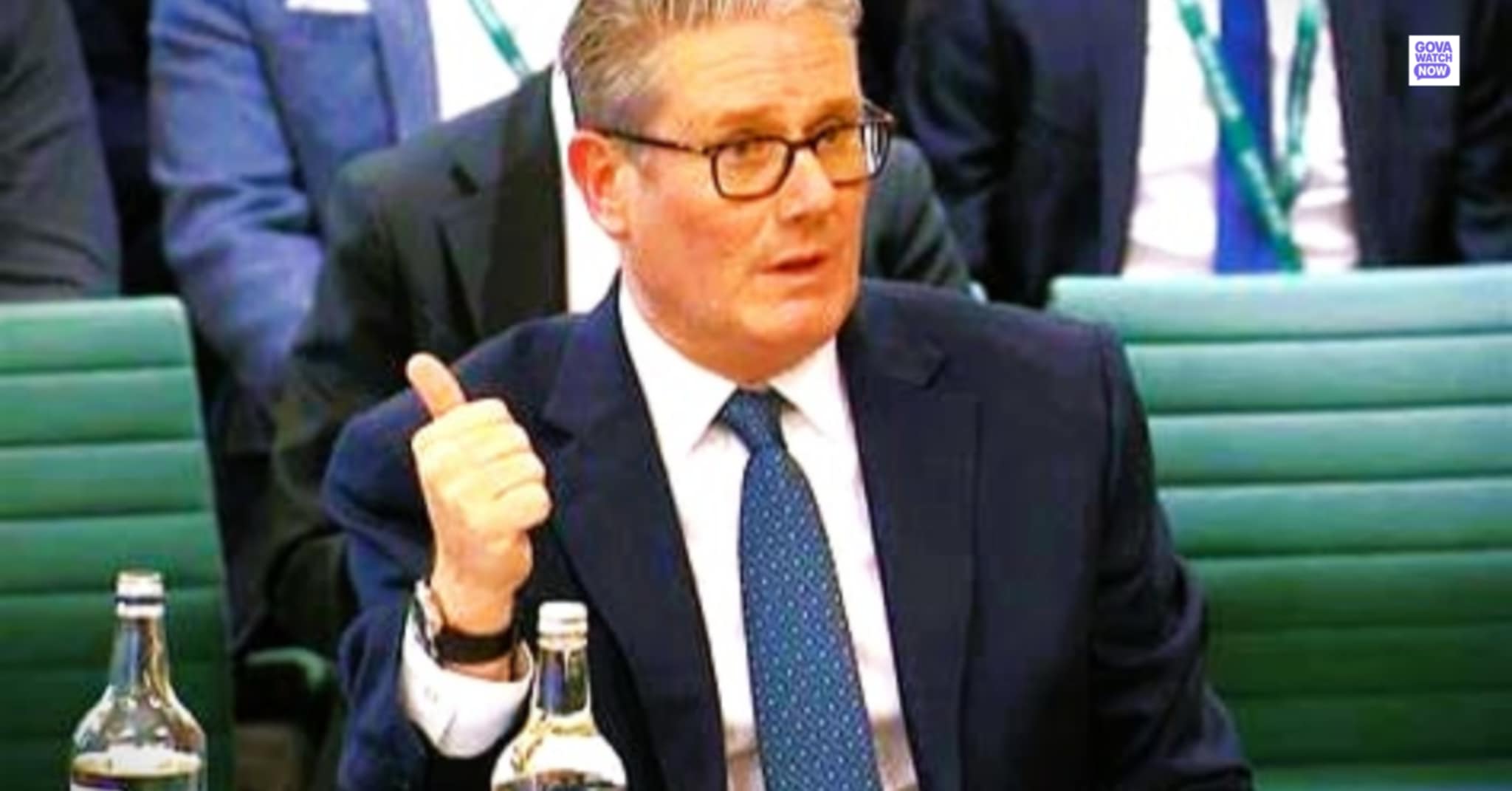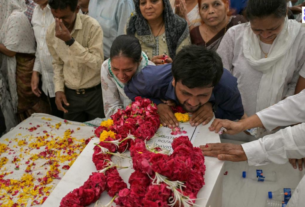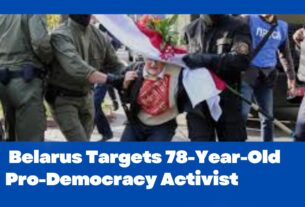The UK government, led by Keir Starmer, is advancing the Crime and Policing Bill, which would grant police expanded powers to ban face coverings at protests. Although the legislation includes exemptions for religious and health reasons, these protections would only apply after arrest. As a result, Muslim women wearing niqabs, disabled activists taking precautions against illness, and dissidents protesting foreign regimes could be detained before their reasons for masking are acknowledged.
Human rights organisation Liberty has criticised the bill as largely recycling previous Conservative proposals that were dropped before the last General Election. Beyond face-covering bans, the bill allows junior officers to impose protest restrictions, extends British Transport Police stop-and-search powers, and could prohibit demonstrations near places of worship significantly limiting where protests can take place.
This legislation arrives amid an already restrictive legal environment shaped by earlier acts such as the Public Order Act and the Police, Crime, Sentencing and Courts Act. Liberty warns that the bill’s additional constraints will have a chilling effect on peaceful protest. It also revives “Respect Orders,” a rebranded form of Anti-Social Behaviour Orders that risk excluding vulnerable groups, including homeless people, from accessing essential services and public spaces.
Privacy concerns have been raised over the bill’s provision for a mass facial recognition database. Police would gain access to the Driver and Vehicle Licensing Agency (DVLA) records to build a comprehensive image portfolio, scanned by artificial intelligence to identify suspects. Critics argue this represents a significant expansion of surveillance powers reminiscent of earlier Conservative plans.
Human rights groups, including Amnesty International and Greenpeace, are calling for the introduction of a clear, positive legal right to protest in response to the tightening restrictions. Ruth Ehrlich of Liberty highlights that the growing complexity of protest laws increases the risk of arbitrary arrests and confusion for both protesters and police.
The government defends the bill as a necessary response to serious violence, antisocial behaviour, and crime, aiming to equip law enforcement with effective tools while restoring public confidence. As the bill faces further scrutiny in the House of Lords, the debate over balancing public order and civil liberties is set to intensify, with significant implications for the future of protest rights in the UK.




